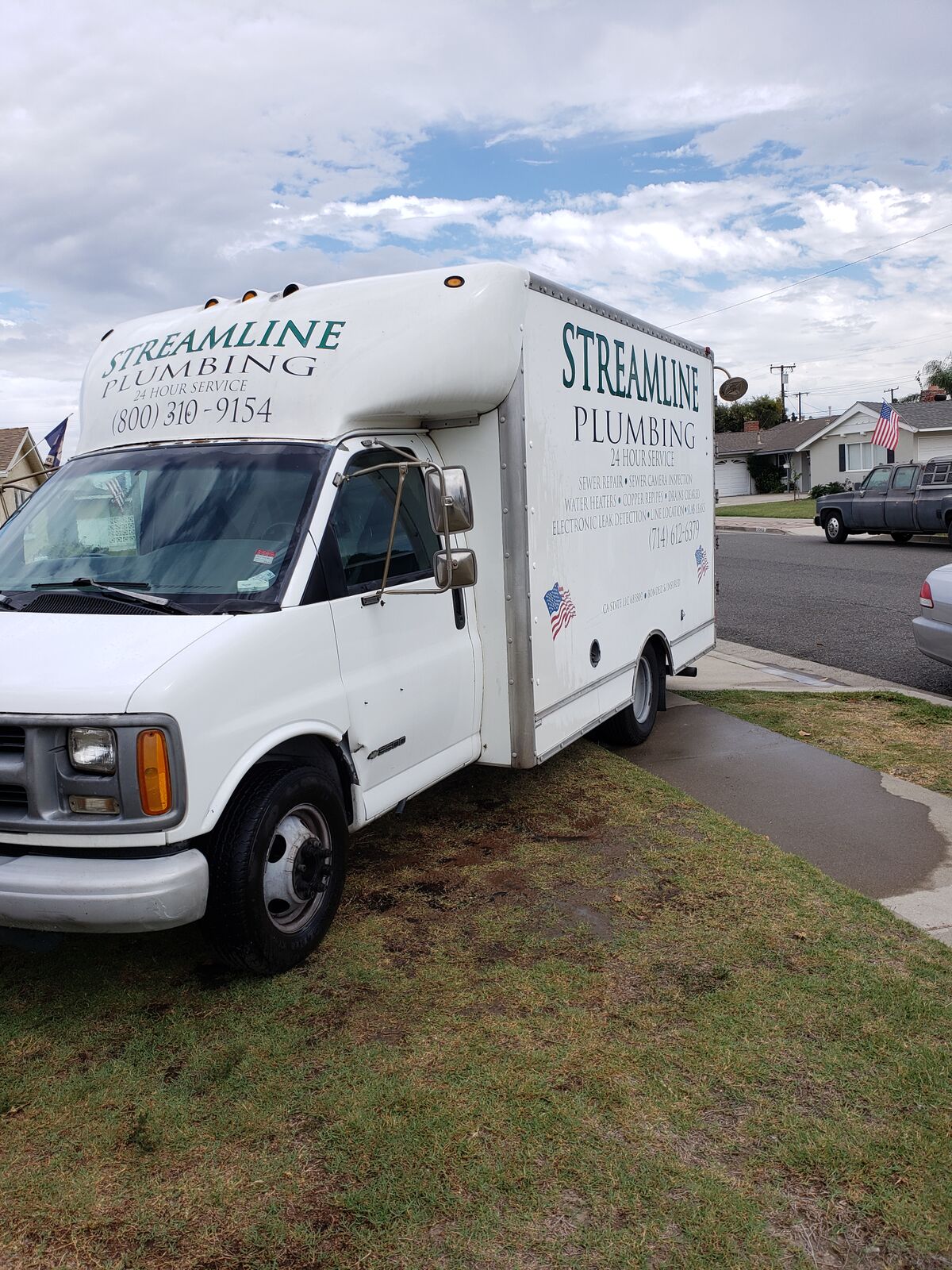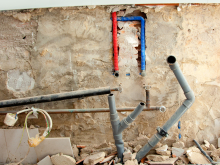What is Limescale? Understanding Its Impact and Prevention in Plumbing Systems
Limescale is a common issue in many households, particularly those with hard water supply. It forms a chalky white deposit from calcium carbonate on surfaces that regularly contact water containing high levels of calcium and magnesium.
This buildup often occurs inside plumbing systems, affecting not only the efficiency but also the lifespan of your fixtures and appliances.
Common signs of limescale buildup include reduced water flow, increased energy bills, and plumbing fixtures that appear dull or stained.
Limescale can severely reduce the efficiency of appliances like water heaters and dishwashers, potentially leading to costly repairs or replacements. It can also cause corrosion, resulting in leaks and other damage over time.
To prevent limescale, incorporating routine maintenance such as using a vinegar solution to clean affected areas can be effective.
Installing a water softener can also help reduce mineral content in water.
Meanwhile, companies like Streamline Plumbing offer specialized services that efficiently manage and tackle limescale issues in your home, ensuring your plumbing system runs smoothly and effectively.
Understanding Limescale and Its Formation
Limescale is a common issue in areas with hard water. This mineral deposit forms due to the presence of calcium and magnesium in water. Understanding how it forms and its characteristics is crucial for effective management.
What Is Limescale?
Limescale is a hard, chalky deposit found in plumbing systems and on household fixtures. It’s primarily composed of calcium carbonate, a mineral that crystallizes under certain conditions.
You might notice these deposits on faucets, showerheads, and even in kettles. Not only unsightly, but limescale also affects the efficiency of your plumbing fixtures and appliances. Its abrasive nature can lead to increased wear and tear.
In your appliances like water heaters, it can significantly reduce energy efficiency, leading to higher costs and potential appliance failure. Identifying limescale is key to managing its effects.
How Limescale Is Formed
Limescale forms when hard water, containing dissolved calcium and magnesium, undergoes changes in temperature or pressure.
When water heats, the solubility of calcium carbonate decreases, causing it to precipitate as a solid deposit. This process primarily occurs in kettles, boilers, and water heaters.
In plumbing, these deposits gradually accumulate, creating blockages and reducing water flow. Furthermore, the continuous cycle of heating leads to more significant build-up.
Regular exposure to hard water exacerbates this issue, making maintenance and early intervention necessary to prevent costly repairs.
Reducing limescale formation involves managing water hardness through treatment options like water softeners, which help prevent these deposits from forming.
Recognizing Limescale Accumulation
Limescale is a common issue in areas with hard water, leaving a chalky residue that can disrupt both plumbing systems and household appliances. Identifying early signs of buildup helps mitigate long-term damage and maintain efficiency.
Common Signs in Plumbing Systems
Limescale can cause various issues within your plumbing. One frequent indicator is reduced water flow, as mineral deposits restrict the space in pipes, decreasing the efficiency of water circulation. This can lead to noticeable reductions in water pressure from your taps and showers.
You might also notice white or grayish crust forming on faucets and showerheads. This visible residue is a direct consequence of hard water evaporation, leaving behind calcium and magnesium deposits.
Frequent clogs in drains may indicate limescale as well, as the buildup can trap other debris and exacerbate blockages.
Effects on Fixtures and Appliances
Limescale not only affects your pipes but also significantly impacts plumbing fixtures and appliances.
It can reduce the lifespan of water heaters, washing machines, and dishwashers by coating heating elements and other internal components, leading to decreased effectiveness and increased energy consumption.
A telltale sign in appliances is longer heating times or uneven heating distribution due to limescale accumulation. Similarly, you may find that your dishwasher leaves chalky spots on dishes or that your washing machine requires more detergent to achieve the same cleaning power.
Regular maintenance and cleaning can help mitigate these effects, preserving the efficiency and longevity of your appliances.
Combatting Limescale Buildup
Addressing limescale accumulation in your plumbing system is crucial to maintaining efficiency and preventing costly repairs. Implementing preventive measures and seeking professional assistance from Streamline Plumbing can help in this endeavor.
Preventive Measures
To minimize limescale formation, consider installing a water softener, which can effectively remove minerals responsible for its creation, such as calcium and magnesium.
Routine cleaning with a mixture of white vinegar and water can help dissolve existing deposits on fixtures and appliances.
If you prefer natural solutions, baking soda can work wonders when combined with vinegar to break down stubborn buildup in drains.
Keeping an eye on water pressure and routinely inspecting your plumbing system can also highlight potential limescale issues early, allowing for timely intervention.
How Streamline Plumbing Can Assist
Streamline Plumbing offers professional assessment and treatment solutions to tackle limescale.
They employ advanced techniques and equipment to identify and address buildup efficiently.
Their team can install high-quality water softeners tailored to your household’s needs, enhancing the longevity of your plumbing system.
Using their expertise, Streamline Plumbing can recommend and implement maintenance schedules to ensure your plumbing and appliances run smoothly.
This proactive approach can save you money by preventing the escalation of limescale-related issues.




